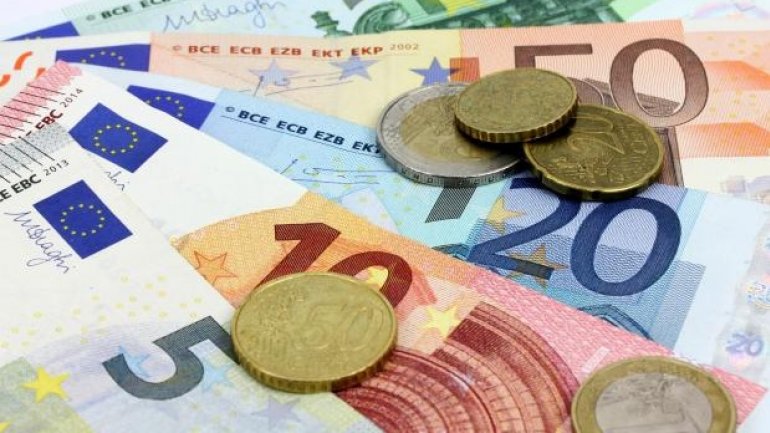More euros than rubles sent home by Moldovan expats
 foto: Moldovans send more euros, dollars than rubles
foto: Moldovans send more euros, dollars than rubles
As Moldova’s conflict with Russia widens, fewer Moldovans are going to Russia to find better futures – which is having a clear impact on the currencies in which they send money home.
Moldovans who leave their country to work abroad have been choosing the European Union over Russia, indicated by the fact that remittances sent home are increasingly in euros and dollars rather than in Russian rubles, official statistics showed on Monday.
During the third quarter of 2017, Moldovans sent home 154.11 million dollars, 135.99 million euros, and only 27.13 million Russian rubles, the central bank statistics show.
About 800,000 Moldovan citizens are registered as currently living and working abroad, but the real number is estimated at 1 million people. About half work now in the EU, the US and in Canada while the other half work and live in Russia and neighbouring Ukraine.
According to the state bank, the flow of remittances follows political trends. Since relations between Moscow and Chisinau became tense, after Moldova signed an Association Agreement with the EU, Russia has imposed sanctions on Moldova and expelled thousands of undocumented Moldovan workers.
Russian authorities and Moldova’s President Igor Dodon, who is friendly to Russia, in March 2017 urged Moldovans working in Russia to register and receive work permits so they would avoid deportation.
Since the Russia imposed an embargo on Moldova in 2013, 65 per cent of Moldova’s exports now go to European markets, and just 11 per cent reach Russia, government statistics show.
With at least a million of its population of 3.5 million now working abroad, Moldova has one of the highest emigration rates in the world. Remittances also account for about a quarter of the country’s GDP.